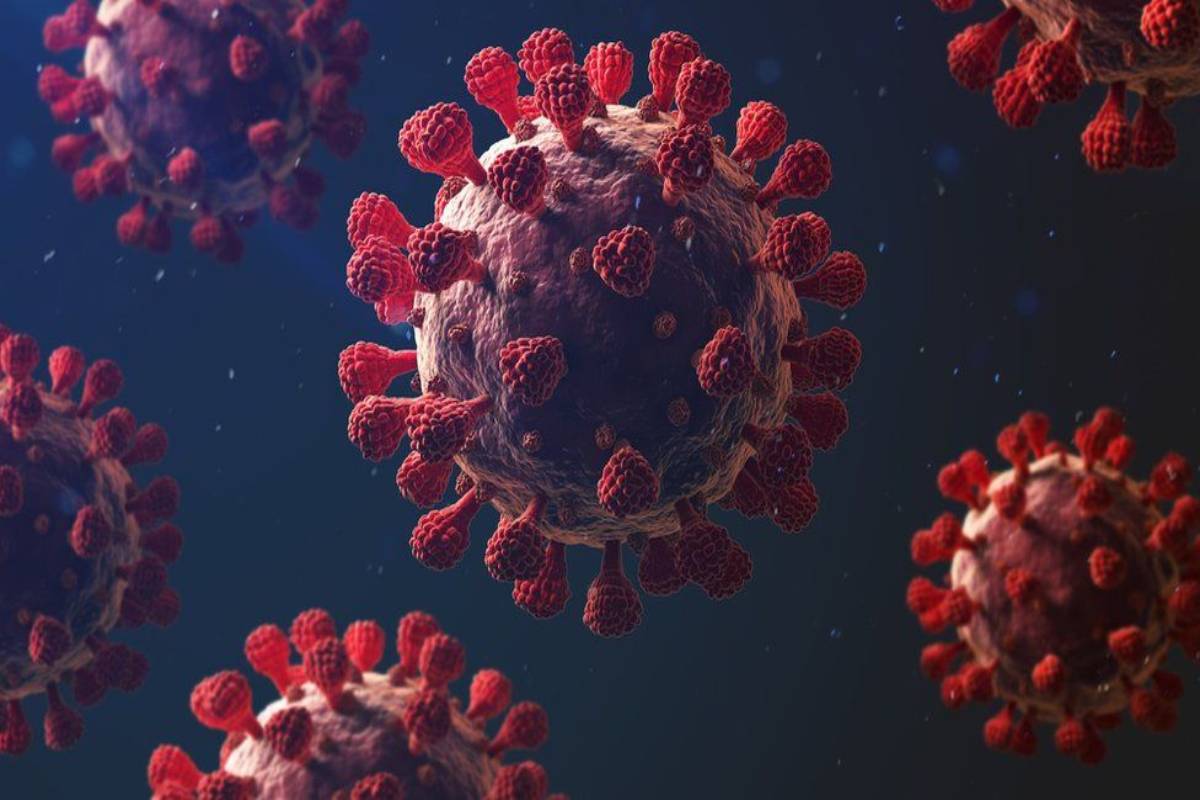Congo starts second phase of vaccination against mpox
Congo has launched the second phase of vaccination against mpox.
According to the WHO, EG.5 is a descendent lineage of XBB.1.9.2 with the same spike amino acid profile as XBB.1.5. However, the variant does not pose a significant risk.

(Representational Image)
A new strain of Covid-19, ‘EG.5’ or ‘Eris’ has been declared as a “variant of interest” by the World Health Organization (WHO) as cases rise globally.
According to the global health body, EG.5 is a descendent lineage of XBB.1.9.2, which has the same spike amino acid profile as XBB.1.5. It was first reported on February 17 and designated as a variant under monitoring (VUM) on July 19.
“With this risk evaluation, we are designating EG.5 and its sub-lineages as a variant of interest (VOI),” the WHO said on Wednesday.
Advertisement
As of August 7, around 7,354 sequences of EG.5 have been submitted to GISAID (Global Initiative on Sharing All Influenza Data) from 51 countries.
According to WHO, the largest portion of EG.5 sequences are from China (30.6 per cent, 2247 sequences).
The other countries with at least 100 sequences are the US (18.4 per cent, 1356 sequences), the Republic of Korea (14.1 per cent, 1040 sequences), Japan (11.1 per cent, 814 sequences), Canada (5.3 per cent, 392 sequences), Australia (2.1 per cent, 158 sequences), Singapore (2.1 per cent, 154 sequences), the UK (2.0 per cent, 150 sequences), France (1.6 per cent, 119 sequences), Portugal (1.6 per cent, 115 sequences), and Spain (1.5 per cent, 107 sequences).
However, the WHO believes the variant does not pose a significant risk.
“Based on the available evidence, the public health risk posed by EG.5 is evaluated as low at the global level,” WHO stated, adding that the risk appeared to be comparable to that of other circulating variants of interest.
“While EG.5 has shown increased prevalence, growth advantage, and immune escape properties, there have been no reported changes in disease severity to date,” it added.
Advertisement